I am facing to an issue that I cannot update or replace some characters in my database. Here is how this text look like in my column when I retrieve it:
As you can see, there is an unknown characters between 'master' and 'degree' which I cannot even paste it here.
I also tried to update and replace it with below code (I cannot paste that two vertical lines here since they are not supported in any browser and I am not sure what they are, Please see the picture above to see what is in my SQL statement).
begin transaction
update gm_desc set projdesc=replace(projdesc,'%â s%','') where projdesc like '%âs%' and proposalno = '15-149-01'
You can see the real SQL Statement here:
I tried to update, or replace it but I cannot do it. The update statement successfully works but I still see that weird special charters. I would be appreciate to help me.

